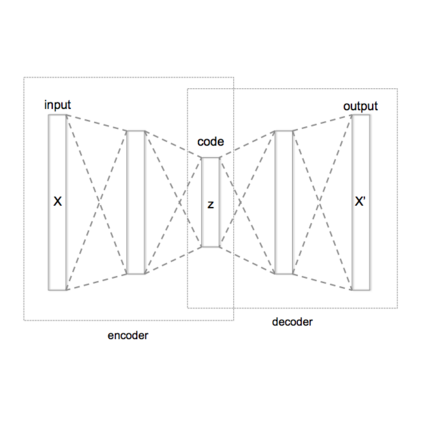We present our solution for the EvalRS DataChallenge. The EvalRS DataChallenge aims to build a more realistic recommender system considering accuracy, fairness, and diversity in evaluation. Our proposed system is based on an ensemble between an item-based variational auto-encoder (VAE) and a Bayesian personalized ranking matrix factorization (BPRMF). To mitigate the bias in popularity, we use an item-based VAE for each popularity group with an additional fairness regularization. To make a reasonable recommendation even the predictions are inaccurate, we combine the recommended list of BPRMF and that of item-based VAE. Through the experiments, we demonstrate that the item-based VAE with fairness regularization significantly reduces popularity bias compared to the user-based VAE. The ensemble between the item-based VAE and BPRMF makes the top-1 item similar to the ground truth even the predictions are inaccurate. Finally, we propose a `Coefficient Variance based Fairness' as a novel evaluation metric based on our reflections from the extensive experiments.
翻译:我们提出了EvalRS数据挑战的解决方案。 EvalRS数据挑战旨在建立一个更现实的建议系统,考虑到评价的准确性、公平性和多样性。我们提议的系统基于基于基于物品的变异自动编码器(VAE)和巴伊西亚个性化排名矩阵(BPRMF)的组合。为了减少受欢迎程度的偏差,我们为每个受欢迎群体使用基于物品的VAE, 并增加公平性规范。为了提出合理的建议,甚至预测也不准确,我们将建议的BPRMF和基于物品的VAE清单合并起来。我们通过实验,证明基于物品的公平规范化VAE与基于用户的VAE相比大大降低了受欢迎的偏差。基于物品的VAE和BPRMF的组合使得上一级项目与地面真相相似,即使预测也不准确。最后,我们提议以“基于公平性”为新的评价指标,根据我们从广泛实验中得出的反射。





